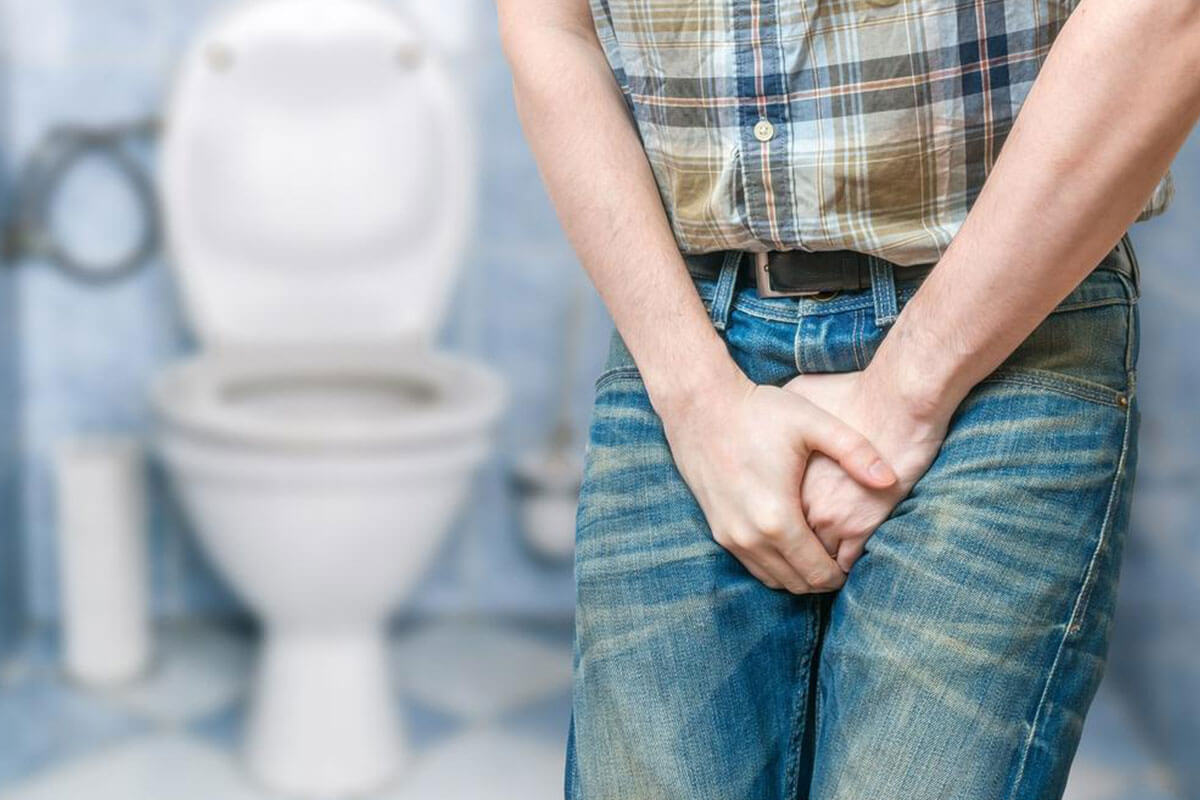Effective Strategies for Managing Overactive Bladder Symptoms Naturally
This article explores natural and lifestyle approaches to managing overactive bladder symptoms, emphasizing early diagnosis, lifestyle changes, and herbal supplements to improve quality of life. It provides practical advice on diet, exercises, and protective measures, aiming for effective, non-invasive symptom control.

Effective Strategies for Managing Overactive Bladder Symptoms Naturally
Overactive bladder (OAB) affects millions, causing a frequent urge to urinate and often leading to disrupted daily routines. According to Johns Hopkins, approximately 33 million Americans experience symptoms like persistent urgency, accidental leaks, and nighttime urination, which can hinder social activities and reduce quality of life. Early diagnosis and personalized treatment are vital for effective management.
Key symptoms include:
Increased Urinary Frequency: Urinating more than eight times a day.
Sudden Urge: An uncontrollable need to urinate that can't be delayed.
Leaks: Unexpected urinary leakage caused by bladder control issues.
Nighttime Urination: Waking multiple times at night to urinate.
If these signs are present, consulting a healthcare specialist is important. Conditions like urinary tract infections may worsen symptoms, so accurate diagnosis and appropriate therapy are essential. Options include medications, lifestyle changes, and surgical procedures when necessary.
Natural, non-invasive approaches include:
Bladder Scheduling: Structuring urination times to increase bladder capacity over time.
Pelvic Floor Strengthening: Kegel exercises enhance muscle tone controlling urination.
Protective Padding: Using absorbent pads for discreet leak management.
Adjusting diet can also help. Reducing caffeine, alcohol, spicy foods, citric fruits, and tomatoes lessens bladder irritation. Consuming more fiber with fruits, whole grains, and cereals prevents constipation, easing bladder pressure. Maintaining a healthy weight supports pelvic muscle strength and reduces leakage risk.
Herbal supplements such as pumpkin seed extract and corn silk may support bladder health. Additional aids like Ganoderma lucidum and magnesium can help reduce urinary discomfort. Incorporating moderate amounts of capsicum and vitamin D after consulting a healthcare provider can also be beneficial.
Leading a healthy lifestyle through regular activity and avoiding bladder irritants can significantly aid symptom relief. For worsening conditions, professional medical guidance is strongly advised for comprehensive care.


